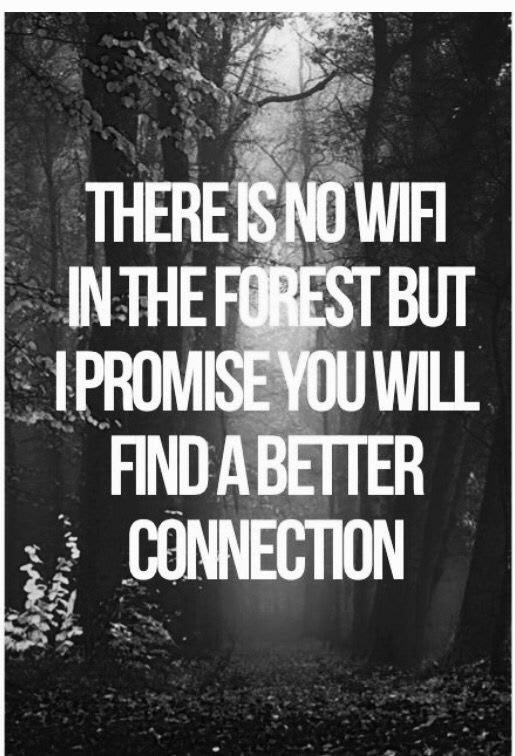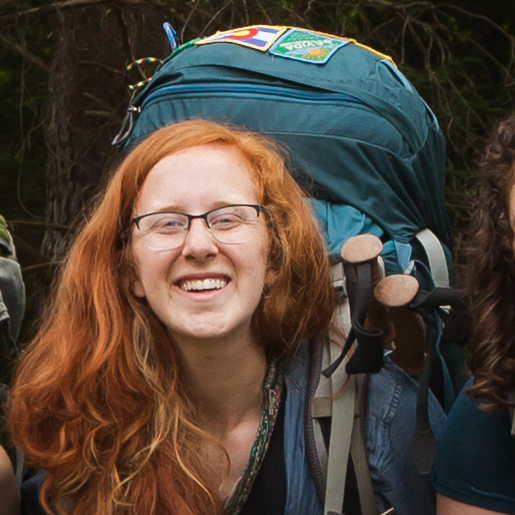
By: Taylor Bradford ’19
Why it’s important to explore beyond smartphones and social media feeds
Over the past 50 years, mobile phones have developed from a fictitious prop used in episodes of The Jetsonsto a pocket-sized tool that has given us a new way to navigate traffic jams, answer questions and locate loved ones in times of need.
According to Pew Research Center’s 2018 mobile fact sheet, 95% of Americans own a mobilephone. That percentage is an increase from the 35% that was recorded in 2011 and is still rising.
“As a universal communication device, the mobile phone strikes at the heart of all human activity fulfilling the desire to communicate and to interact with others,” writes Dr. Richard Duncombe, a lecturer in information systems for the Global Development Institute at the University of Manchester.
For students, mobile phones have become a valuable resource in and out of the classroom because it allows for instant connection and in-depth research with just the touch of a button. However, the same device has also prevented students from one important thing: being present.
In 2010, the word “nomophobia” was coined during a study by the UK Post Office to define the fear of being without one’s phone. Researchers have concluded that people are relying on their phones for just about everything.
The UK Post Office study concluded that “about 58 percent of men and 47 percent of women suffer from the phobia, and an additional 9 percent feel stressed when their mobile phones are off.”
What you gain from a journey offline
At the La Vida Center for Outdoor Education and Leadership, we believe that there is a time and a place for everything: including mobile phones. Even so, the La Vida experience encourages students to take a break from technology and see what can be learned from a journey offline.
The La Vida Center does not allow participants to bring electronic devices (except for cameras) on our wilderness expeditions. All devices brought to base camp are left in a dry and secure location until each expedition concludes.
The La Vida Center has implemented a no mobile-phone policy because we want to foster an experience that disrupts the normal rhythms of life and gives participants a chance to approach material in a new way.
Nate Hausman, La Vida’s director of Education and Program Development, shares, “In recent years, the act of leaving phones behind at our base camp has proved to be more difficult than asking students to scale a 40-foot wall of rock. But, by the conclusion of the trip, this intentional break from electronic devices results in a powerful and long-lasting impact, especially in terms of how students choose to live their lives after their La Vida expedition.”
The Practice of Being Present
While on a La Vida trip, you may hear the phrase “Be Here Now” from your Sherpas and other participants. This phrase is meant to remind you of the opportunities that are in front of you. We hope that our focus of being present can maximize participants’ experience of outdoor education and encourage them to implement new practices back home.
“It was incredible to be disconnected from my phone. It helped me forget about comparing myself and my life to others. It was a great break from FOMO (the fear of missing out),” said participant and support staff member Aaron Van Cleef ’20.
To be here nowwhile on La Vida means investing in the people who are hiking/paddling with you and sharing stories with you, and being willing to try new things. In a culture that is future oriented, finding times to rest from planning, catching up on the latest television show, or wishing you were somewhere else can be a rejuvenating experience that allows for growth and character development.
“I enjoyed not having electronics on the trip because it eliminated all other distractions that would otherwise hinder me from fully experiencing La Vida,” said Gordon student Addison Gibney ’21.
Trusting God on the trail
With a mission to further spiritual formation and commitment to living by God’s Word, the opportunity to leave distractions at the trailhead reminds us to seek first the kingdom of God and know that hewill provide. In the Gospel of Matthew, we are reminded not to worry about what is happening next, but to give up all worries to the Lord and rest in the knowledge that his plans are greater than ours. In Matthew 6:25–34, Matthew writes, “Therefore I tell you, do not worry about your life, what you will eat or drink; or about your body, what you will wear… do not worry about tomorrow, for tomorrow will worry about itself. Each day has enough trouble of its own.”
The La Vida experience does not end once you’ve packed your bags and returned to what we like to call the “front country.” In fact, we believe that La Vida begins the moment students load into the van to return home.
With the opportunity to take a break from screens, we hope that you find a balance between the virtual and real world after returning home from your expedition.
Safety and camera use during La Vida
In case of an emergency, both Sherpas have their mobile phones fully charged, turned off and sealed in a plastic bag in their packs for protection. Every La Vida employee is trained in emergency action protocols and knows how to call in for medical assistance.
Students are allowed to bring a camera as long as it is not a part of a mobile phone. In the past, groups have agreed to bring one shared camera or use disposable ones. While we do not discourage the use of cameras on trip, please note that La Vida is not responsible for any damaged or lost equipment.
We do have an on-sight photographer that captures activities like rock climbing and experiences at the ropes course. These photos are posted on La Vida’s website and on social media.
Works cited:
Duncombe, Richard. “Researching Impact of Mobile Phones for Development: Concepts, Methods and Lessons for Practice.” Information Technology for Development, vol. 17, no. 4, 2011, pp. 268–288., doi:10.1080/02681102.2011.561279.
“Demographics of Mobile Device Ownership and Adoption in the United States.” Pew Research Center: Internet, Science & Tech, Pew Research Center: Internet, Science & Tech, 5 Feb. 2018, www.pewinternet.org/fact-sheet/mobile/.

Taylor Bradford’s first La Vida experience started as a Counselor in Training at our Adventure Camp. Since then she has been an Adventure Camp Counselor and Photographer, Adirondack Sherpa, Adventure Pursuits Facilitator, Discovery Apprentice and now a La Vida Intern. She is a Communication Arts major at Gordon College.
